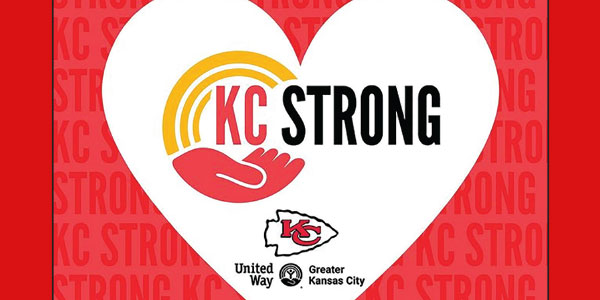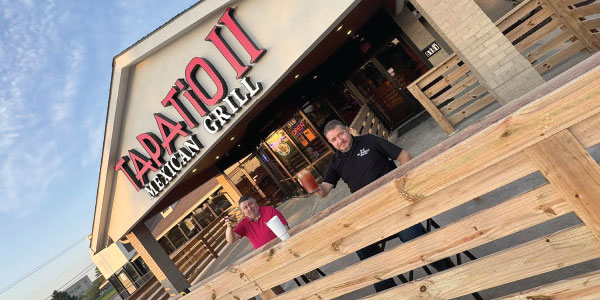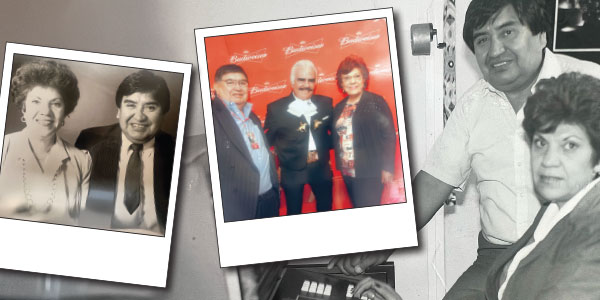
United Way of Greater Kansas City and the Chiefs this month set up an emergency response fund to support survivors of the Feb. 14 mass shooting at the Chiefs Super Bowl rally. So far, the KC Strong Fund has surpassed $1 million in donations, which will be disbursed to survivors. For some survivors who don’t have medical insurance, relatives or friends have set up a GoFundMe.
There’s another source of financial support for survivors of violent crime or their families. Missouri, like the other 49 states and the District of Columbia has a Crime Victims’ Compensation program. It reimburses individuals who have sustained physical, emotional or mental harm or trauma resulting from certain crimes committed in Missouri. Among crime-related expenses that may be covered: medical and mental health counseling; lost wages or support; and funeral or burial costs. Applications for assistance must be filed within two years from the date of the crime.
Crime Victims’ Compensation programs are administered independently in each state and the District of Columbia; however, the programs have similar eligibility requirements and offer comparable benefits. Missouri’s state Public Safety Department administers the program. It requires victims/survivors to exhaust all other means of payment – insurance, crowdfunding, lawsuit awards, etc. — before it reimburses crime-related costs. The program is “the payer of last resort,” according to the website (https://dps.mo.gov/dir/programs/cvc/).
Still, it’s helpful information for victims/survivors of the Chiefs rally shooting. They’ll most likely be confronted with expenses they could’ve never anticipated, like myriad people nationwide injured daily by violent crime. For folks, especially those living paycheck to paycheck, the unanticipated expenses can be financially disastrous. (Often, those on the financial edge are also the demographic most vulnerable to violent crime.)
This calls attention to a national issue of critical urgency: supplying timely, easily accessible, adequate, appropriate assistance and services to crime victims. Surviving violent crime doesn’t call a halt to daily life. Bills must still be paid. Family, business and education obligations must still be met. Home and automobiles must still be maintained. This is the reality of crime victims/survivors; many are doubtless facing potentially apocalyptic financial and justice system unknowns. It’s incumbent on society to provide the financial, medical, emotional and other support they need; to do otherwise amounts to victimizing them again.
Nota bene:
If you or someone you know is in need of referrals to community resources, phone 2-1-1 or visit https://211kc.org
Missouri Crime Victims Compensation online https://dps.mo.gov/dir/programs/cvc/; applications, instructions and information available in English and Spanish.
More about the KC Strong Fund online, https://give.unitedwaygkc.org/p/kcstrong
El costo de sobrevivir a un crimen violento
United Way of Greater Kansas City y los Chiefs crearon este mes un fondo de respuesta de emergencia para apoyar a los sobrevivientes del tiroteo masivo del 14 de febrero en el desfile de los Chiefs en el Super Bowl. Hasta ahora, el KC Strong Fund ha superado el millón de dólares en donaciones, que se entregarán a los supervivientes. Para algunos sobrevivientes que no tienen seguro médico, familiares o amigos han creado un GoFundMe.
Existe otra fuente de apoyo financiero para los sobrevivientes de delitos violentos o sus familias. Missouri, al igual que los otros 49 estados y el Distrito de Columbia, tiene un programa de Compensación a las Víctimas del Crimen. Reembolsa a las personas que han sufrido daños o traumas físicos, emocionales o mentales como resultado de ciertos delitos cometidos en Missouri. Entre los gastos relacionados con el delito que pueden estar cubiertos: asesoramiento médico y de salud mental; salarios o manutención perdidos; y costos de funeral o entierro. Las solicitudes de asistencia deben presentarse dentro de los dos años siguientes a la fecha del delito.
Los programas de Compensación a las Víctimas de Delitos se administran de forma independiente en cada estado y el Distrito de Columbia; sin embargo, los programas tienen requisitos de elegibilidad similares y ofrecen beneficios comparables. El Departamento de Seguridad Pública del estado de Missouri administra el programa. Requiere que las víctimas/sobrevivientes agoten todos los demás medios de pago (seguros, financiación colectiva, indemnizaciones judiciales, etc.) antes de reembolsar los costos relacionados con el delito. El programa es “el pagador de último recurso”, según el sitio web (https://dps.mo.gov/dir/programs/cvc/).
Aún así, es información útil para las víctimas/sobrevivientes del tiroteo en el desfile de los Chiefs. Lo más probable es que se enfrenten a gastos que nunca podrían haber previsto, como la infinidad de personas en todo el país que resultan heridas diariamente por delitos violentos. Para las personas, especialmente aquellas que viven de sueldo en sueldo, los gastos imprevistos pueden ser financieramente desastrosos. (A menudo, quienes se encuentran en situación financiera difícil también son el grupo demográfico más vulnerable a los delitos violentos).
Esto llama la atención sobre una cuestión nacional de urgencia crítica: proporcionar asistencia y servicios oportunos, fácilmente accesibles, adecuados y apropiados a las víctimas de delitos. Sobrevivir a un crimen violento no significa detener la vida diaria. Aún hay que pagar las facturas. Aún deben cumplirse las obligaciones familiares, empresariales y educativas. Aún es necesario mantener las casas y los automóviles. Ésta es la realidad de las víctimas/sobrevivientes del delito; Sin duda, muchos se enfrentan a incógnitas financieras y del sistema judicial potencialmente apocalípticas. Corresponde a la sociedad brindarles el apoyo financiero, médico, emocional y de otro tipo que necesitan; hacer lo contrario equivale a victimizarlos nuevamente.
Nota bene:
Si usted o alguien que conoce necesita referencias a recursos comunitarios, llame al 2-1-1 o visite https://211kc.org
Compensación para víctimas de delitos de Missouri en línea https://dps.mo.gov/dir/programs/cvc/; solicitudes, instrucciones e información disponibles en inglés y español.
Más información sobre KC Strong Fund en línea, https://give.unitedwaygkc.org/p/kcstrong









